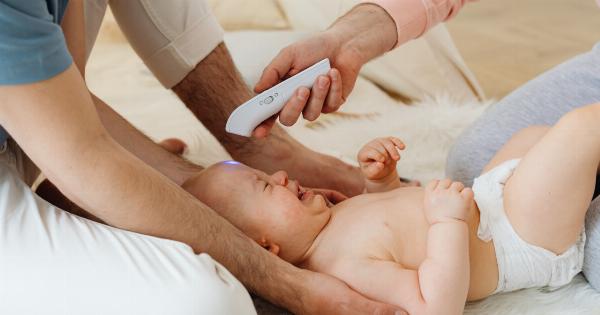Sex is a basic human need, and it can provide a lot of pleasure and intimacy. However, some people might experience complicated emotions after having sex. They might feel sad, anxious, or even depressed.
It is common to start overthinking the encounter and feel worried about the future. This reaction is a natural response to the emotional and physical connection sex creates.
The science behind emotions after sex
Sexual activity causes the brain to release a series of chemicals, such as dopamine, oxytocin, and serotonin. These neurotransmitters are responsible for the feelings of pleasure and attachment during and after sex.
They create a bond between partners and reinforce positive emotions.
After reaching orgasm, the body goes through a series of physiological changes. Blood pressure, heart rate, and breathing are elevated during sex and then slowly decrease.
The body also releases endorphins, which are natural painkillers that produce a sense of relaxation and well-being.
However, when the levels of these chemicals start to decline, the individual might experience a crash. The abrupt drop in dopamine, for example, can cause irritability, anxiety, and restlessness.
In some cases, it can trigger feelings of sadness or grief, also known as post-coital dysphoria.
Past traumas and emotional triggers
Emotions after sex can also be influenced by past traumas and events. Individuals who have experienced sexual abuse, trauma, or neglect might feel overwhelmed or triggered after sex.
It is essential to address these emotions with a mental health professional and work through the unresolved issues.
Additionally, certain emotional triggers can intensify the feelings of sadness or anxiety after sex. For instance, if the individual is feeling insecure or anxious about the relationship, these emotions can be amplified after having sex.
They might start to overthink the encounter and worry about their partner’s future intentions.
Gender differences
Studies suggest that gender can play a role in the intensity and quality of emotions after sex. Women, for instance, are more likely to experience negative emotions after sex, such as regret or guilt.
They might also feel pressured to meet cultural expectations of being “good” or “experienced” enough, leading to anxiety and stress.
Men, on the other hand, might experience post-sex blues, a feeling of sadness or apathy after ejaculation.
Men who have a higher number of sexual partners or participate in casual sex might be more prone to these emotions due to a lack of emotional connection and intimacy.
Coping with post-sex emotions
It is essential to acknowledge and confront these feelings after sex in a healthy and constructive way. Here are some tips to help individuals deal with post-sex emotions:.
Communicate with your partner
Talk openly and honestly with your partner about your feelings after sex. Address your concerns and make sure to listen to their perspective as well. Communication can help build trust and emotional connection, preventing future misunderstandings.
Practice self-care
Engage in activities that help you relax and unwind after sex. Take a warm bath, practice yoga, or listen to calming music. Focus on self-love and self-acceptance, reminding yourself that your feelings are valid and normal.
Seek professional help
If the emotions after sex persist and start to interfere with your daily life, seek professional help. A mental health professional can help you uncover any underlying traumas or triggers and develop strategies to deal with them.
Take a break from sex
If the post-sex emotions become too overwhelming, it might be helpful to take a break from sexual activity. Focus on building emotional connection and intimacy with your partner before engaging in sex again.
Conclusion
Emotions after sex are a natural and complex experience. They can be influenced by factors such as chemical reactions in the brain, past traumas, emotional triggers, and gender.
It is essential to acknowledge and deal with these emotions in a healthy and constructive way, such as communicating with your partner, practicing self-care, seeking professional help, or taking a break from sex. By understanding and addressing these post-sex emotions, individuals can strengthen their emotional connection and intimacy with their partners.




























